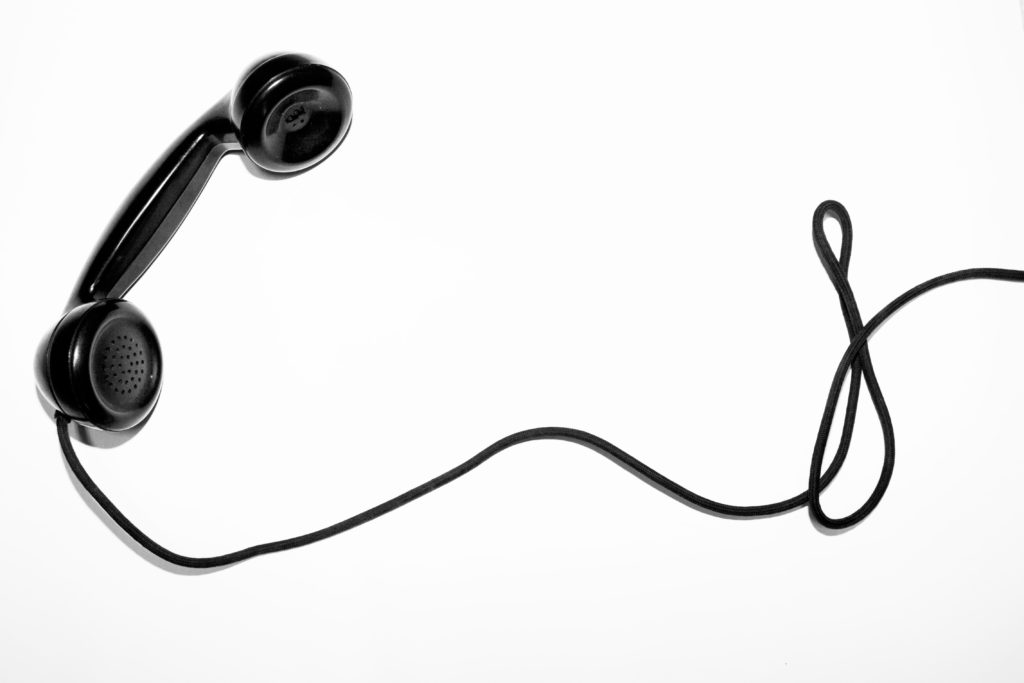Archives

Telephone Interviews: Good vs. Bad
Have you ever participated in a telephone interview? Was this call designed to be an initial screening of your skills or was this the preferred method of hiring? Traditional in-person interviews are the norm, but there are always circumstances where a telephone interview becomes necessary, and each has its benefits and drawbacks. Follow this list to get a better understanding of telephone interviews – the good and the bad.
The Good
You typically experience less anxiety
A large amount of anxiety is removed from an interviewee when face-to-face interaction is not present. With the ability to take a phone call from anywhere in the world, you will eliminate the added stress of traveling to a specific location. You can even take your phone interview in your own home, adding another source of comfort and lessening your anxiety. Plus, you don’t have to worry about your appearance or whether you’ve brushed your teeth that morning.
Geographical distance is not an issue
If you live across the country from the company that you are interviewing with, telephone interviews can be a wonderful solution. Geographical distance can be further resolved with the addition of video conferencing. The use of video will help to build that face-to-face communication that is so imperative to building social connections.
The bad
Can be difficult to build rapport
Building rapport is an essential part of making a good first impression during an interview. Telephones are an amazing piece of technology that enables us to communicate with people anywhere in the world. However, they do not allow you to use the same facial and social cues you would with interpersonal communication. To avoid this dilemma, interviewees should try to speak with great inflection and tone that truly infers their interest in a position. Otherwise, you may not get your point across without the hiring manager being able to see your facial expressions.
These interviews can be shorter
Telephone interviews can be shorter due to the hiring manager’s schedules or lack of formality. This can result in less time to sell yourself. Try to leave a good impression on those you are speaking with by practicing a short pitch before the interview. Brevity can be a disadvantage, but if you speak with confidence and can convey why you’d be an asset to their organization, you could receive a follow-up, in-person interview or perhaps an offer.
So, which is better?
In-person interviews are typically more in-depth than their telephone counterparts. Why might an employer choose one form of an interview over the other? Circumstances can determine this. However, as far as one being better than the other, at the end of the day, it comes down to how you perform during the interview.
So which type of interview do you prefer?
Connect With PrincetonOne
Whether you are seeking critical talent, unique recruitment solutions, or access to greater opportunities, our consultants are prepared to elevate your success.
